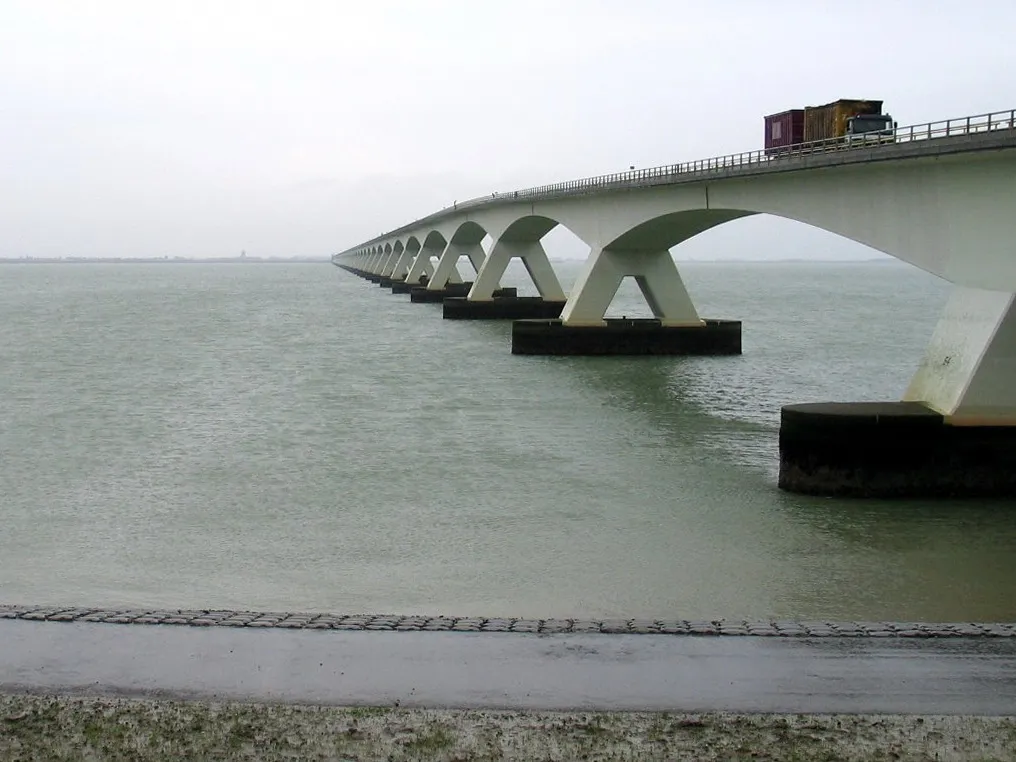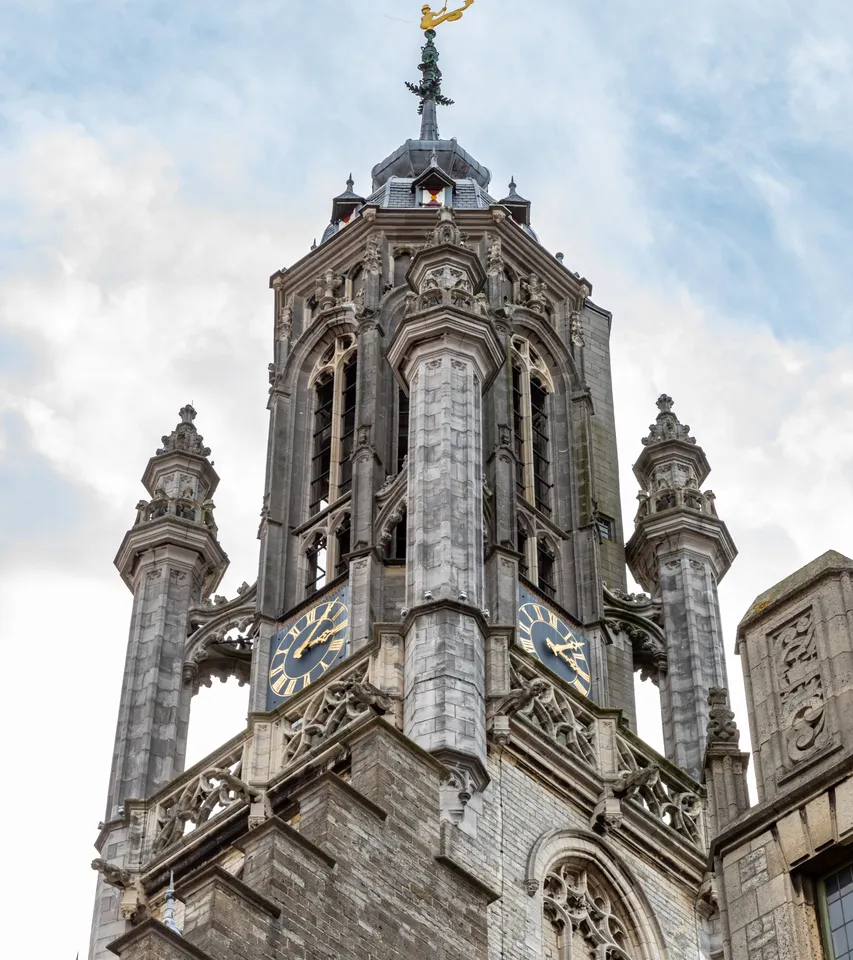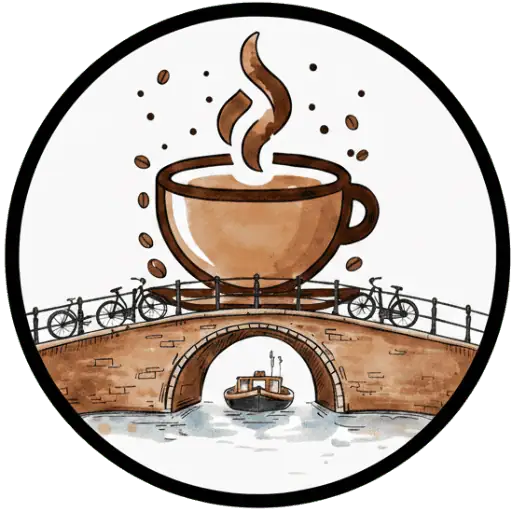
Zeeland breathes coffee history and innovation at the same time from the first coffeehouses in Middelburg to sustainable micro‑roasters and latte‑art competitions every cup connects residents festivals and visitors and shows how circular artisanal chains shape the future with flavour character and pride
Roasters in Zeeland
No roasters have been found yet.
Cities in Zeeland

Middelburg
Middelburg’s coffee story begins with the Dutch East India Company and flows into creative micro-roasters, atmospheric bars and sustainable initiatives. From a bolus with an espresso to live music festivals, every sip proudly tells Zeeland history and reveals the future of circular coffee.
More about Zeeland
Coffee in Zeeland past present and future
Coffee belongs to Zeeland like dikes to the sea. From chic “koffijhuizen” in the seventeenth century to hip espresso bars in 2025 the black gold keeps connecting people. This article outlines the development the players and the trends in roughly ten minutes of reading time.
Historical roots
Around 1650, Middelburg gained its first coffeehouses through trade with the Middle East. Nobles and merchants sampled exotic beans, letting the word “café” take root in the local tongue. In the eighteenth century, Zeeland shipowners managed colonies in Suriname and the Caribbean, so ships laden with coffee and the grim burden of slavery entered the ports. The growing influx gradually made coffee accessible to everyday Zeelanders.
After the railway arrived in 1870, Stations Koffiehuis opened beside the new platform. Travellers drank a strong cup before departure, while locals discussed the newspaper. By the early twentieth century these venues had become social hubs: contractors closed tenders in the Nederlands Koffiehuis and families served coffee with babbelaars so guests would keep chatting.
Contemporary roasters and distribution
Coffee roasting today is a craft. Three names dominate the province:
- Koffiebranderij de Koepoort roasts weekly in Serooskerke, supplies hospitality venues, offices and even private‑label blends.
- De Zeeuwse Branding from Zierikzee traces every bean to the farmer, also fills Nespresso‑compatible capsules and provides barista training.
- Outdoor Coffee Roasters in Wolphaartsdijk keeps things small and direct, buys without middlemen and lets visitors smell the roastery.
These roasters sell online, deliver to cafés and drive mobile bars to weddings. Specialty shops such as Koffie & Thee Pakhuis De Zeeuwse Sommelier gather more than twenty bean varieties under one roof, making it easy for enthusiasts to discover new flavours.
Events and community
A coffee truck now appears at nearly every market or food festival. Culikaravaan, Zeeland Nazomerfestival and summer beach parties hire professional baristas, because “no event is complete without coffee”. Smaller initiatives colour the scene:
- Latte‑art throw‑downs for professionals in Goes.
- Public cuppings at De Zeeuwse Branding.
- Morning Cars & Coffee meet‑ups where vintage cars gleam and filters drip.
Even classical music benefits. During the Koffieconcerten of Festival Zeeland Klassiek, the audience takes a cup into the hall at 11:00, letting culture blend with caffeine.
Consumer preferences and market trends
Dutch people drink an average of 3.6–3.8 cups per day, and Zeeland keeps pace, especially those aged 55 and above. The classics remain favourites:
- 45 % still choose black filter coffee or an Americano.
- A quarter swear by cappuccino.
Yet the landscape is changing. Senseo pads and Nespresso capsules stay popular for convenience, while affordable fully automatic machines bring freshly ground beans into living rooms. Young adults experiment with single‑origin pour‑overs and flat whites, allowing new espresso bars in Zierikzee, Goes and Middelburg to flourish.
Sustainability and innovation
Conscious consumption is not a hype but the norm. Local roasters bypass the C market and pay growers directly, often above Fairtrade levels. De Zeeuwse Branding opts for organically grown, shade‑grown coffees whenever possible and lists every plantation on the label. Koepoort Koffie turns used coffee into scrubs and soap, giving waste a second life.
Companies and municipalities separate coffee grounds for biofuel or oyster mushrooms, events serve cappuccino in compostable cups, and cafés reward reusable mugs with a discount. Together these steps form a circular chain from bean to soil.
Final Thoughts
Say Zeeland and you think not only of mussels or bolussen but also freshly roasted coffee. The province links centuries‑old trading spirit to modern sustainability, keeping both the farmer informed and the visitor on the terrace satisfied. A “lekker bakkie” here tells a story of history, community, and green innovation.
